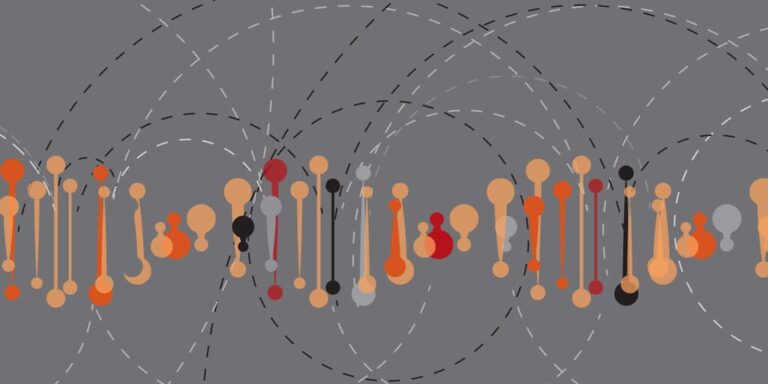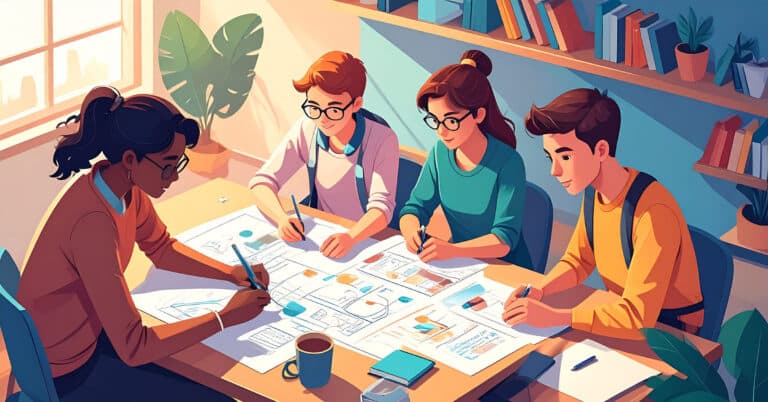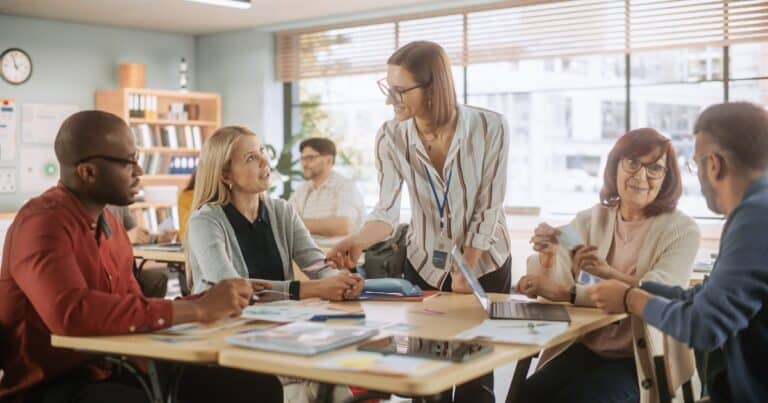By Nia Baucke
North Dakota residents believe in their public school system. In fact, 89 percent of residents rate their K-12 public schools as “excellent” or “good,” the highest satisfaction rate in the country. With the state’s high school graduation rate approaching 90 percent, it might not seem like there would be much desire for dramatic change.
However, the numbers don’t tell the full story.
“How can we really be at our finest when 10 percent of our population isn’t reaching their full potential?” questioned Kirsten Baesler, state superintendent of the North Dakota Department of Public Instruction (NDDPI). Baesler and her staff aren’t satisfied with those results. They’re also focused on what she calls the “honesty gap”: 27 percent of North Dakota first-year college students are taking remedial courses, meaning that they aren’t ready to enter their postsecondary field of choice.
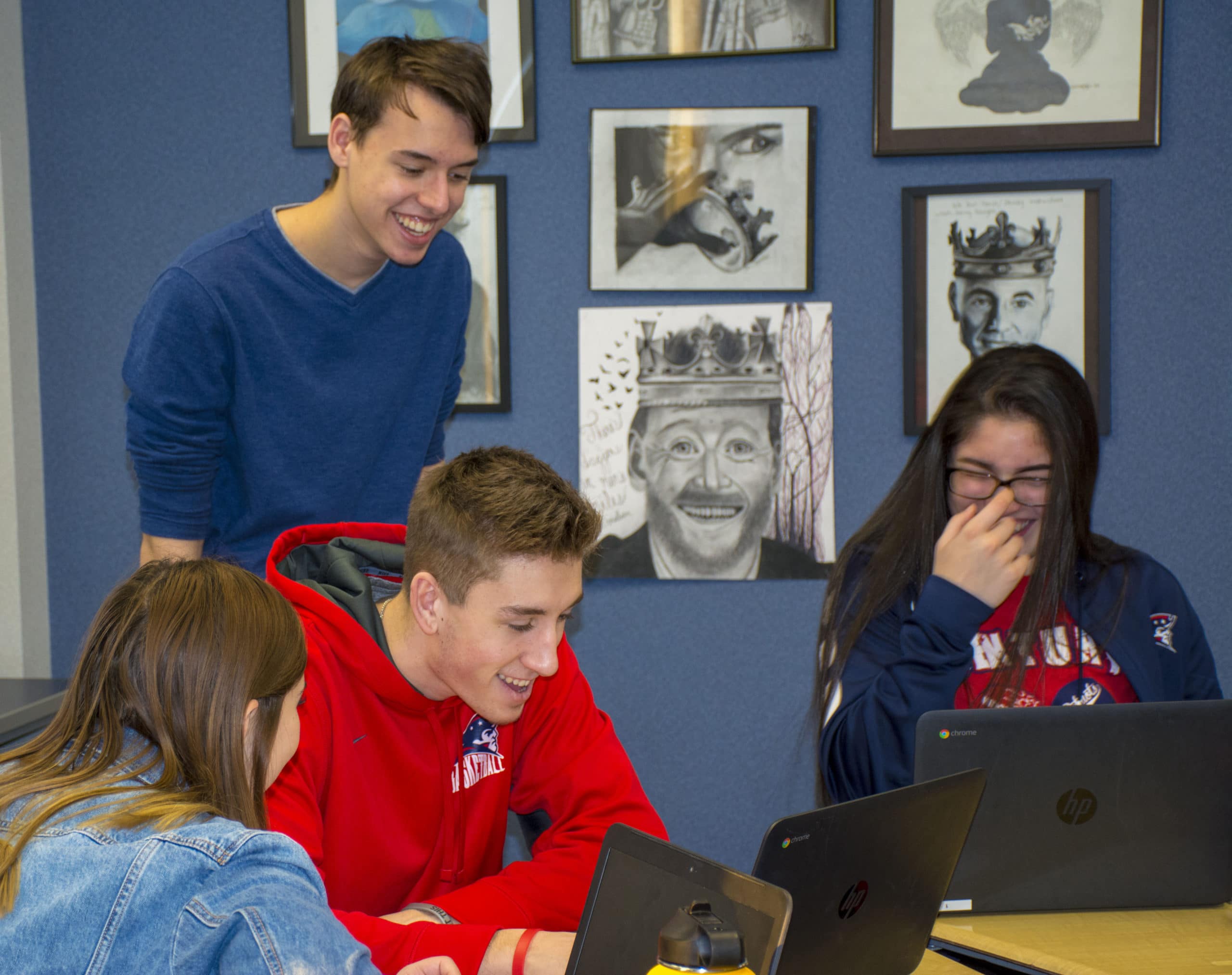
Like most states across the country, North Dakota is seeing rapid changes that come from increasing diversity: a rise in the number of ESL students, a new transient energy and oil worker population and a growing number of immigrants and refugees. The state is also continuously working to improve and support the unique educational needs of Native American students.
Baesler and many other North Dakota state leaders believe that it is time to create a new vision for innovative and personalized learning and teaching in schools: one that better supports the needs of all students.
A vision for innovative and personalized learning
Rooted in the belief that all children can learn, innovative practices like personalized learning focus on empowering educators to challenge students with high expectations while supporting the growth of their social-emotional skills, creating an engaged group of students ready for college or career. Through personalized learning, students also receive the instruction and support they need based on their level of mastery, decreasing the need for remediation later.
Since first elected in 2012, Baesler has worked to implement these types of innovative policies and practices that would help all students. During her previous 22-year career in Bismarck Public Schools, she saw the need for personalizing learning in the classroom first-hand. Based on her experience and what she sees today, Baesler believes that “personalized learning provides every student an opportunity to learn in a way that best suits their needs.”
As she began her statewide position, it became clear to Baesler that personalized learning could help address the diverse needs of North Dakota’s students and better prepare them for college or the career of their choice. She wasn’t the only one with this realization.
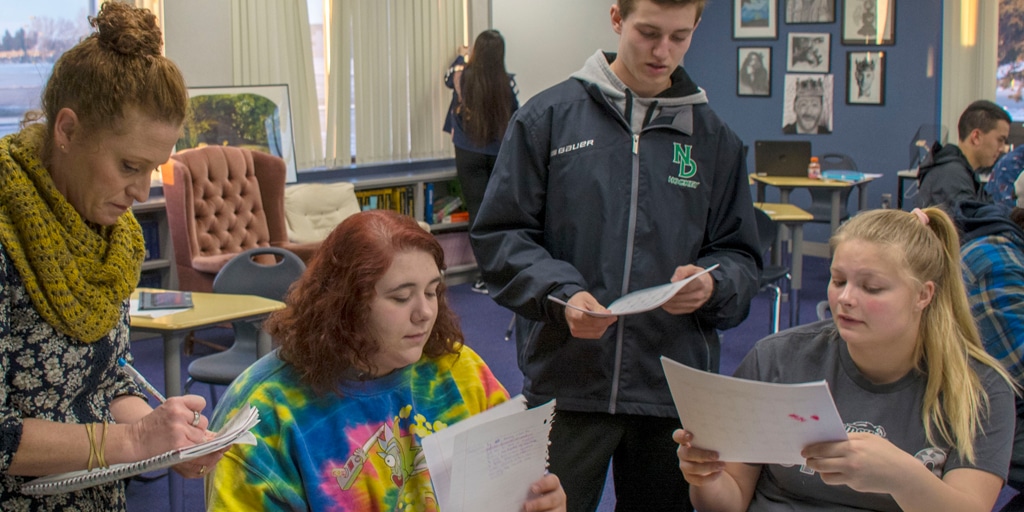 North Dakota administrators, educators, Governor Doug Burgum and state legislators from both sides of the aisle, along with state teacher union president Nick Archuleta agreed in the value of personalized learning. They recognized that personalized learning would give children the opportunity to learn in ways that make the most of their strengths and provide them with the knowledge and skills to succeed later in life, and they knew it was important that North Dakota community members were also in engaged in understanding the importance of personalized learning.
North Dakota administrators, educators, Governor Doug Burgum and state legislators from both sides of the aisle, along with state teacher union president Nick Archuleta agreed in the value of personalized learning. They recognized that personalized learning would give children the opportunity to learn in ways that make the most of their strengths and provide them with the knowledge and skills to succeed later in life, and they knew it was important that North Dakota community members were also in engaged in understanding the importance of personalized learning.
From 2016 to 2017, NDDPI, North Dakota United and Greater North Dakota Chamber sponsored a tour of the education documentary Most Likely to Succeed, a documentary film highlighting the shortcomings of conventional education methods in today’s innovative world. More than one hundred people attended each event. Each screening was followed by a panel discussion during which Baesler, educators, businesses and legislators asked community members, parents and students, “What can we do better?”
These engagements and conversations led to a new vision for the future of North Dakota’s education system, one that was centered on innovative, personalized learning.
Encouraging innovation through policy
To make that vision a reality, NDDPI and their partners needed to identify to the best ways to encourage personalized learning and greater innovation across the state. They held strategy sessions with school districts to discover the barriers they experienced related to innovation. And after careful analysis, the department discovered some of the barriers were in policy. Local districts and schools were not being given the flexibility and support through state policy that they needed to scale innovative learning opportunities.
With a legislative session on the horizon, they believed legislative action might be the best next step to alleviate some of those barriers. As a result, State Senator Nicole Poolman introduced SB 2186 into the 2017 legislative session, with Senator Erin Oban carrying the bill as well. The bill created a pilot program that allows public and nonpublic schools to have more local control and flexibility than they had under previous law and opened the door for innovative, student-centered learning opportunities with local and state-level support and oversight.
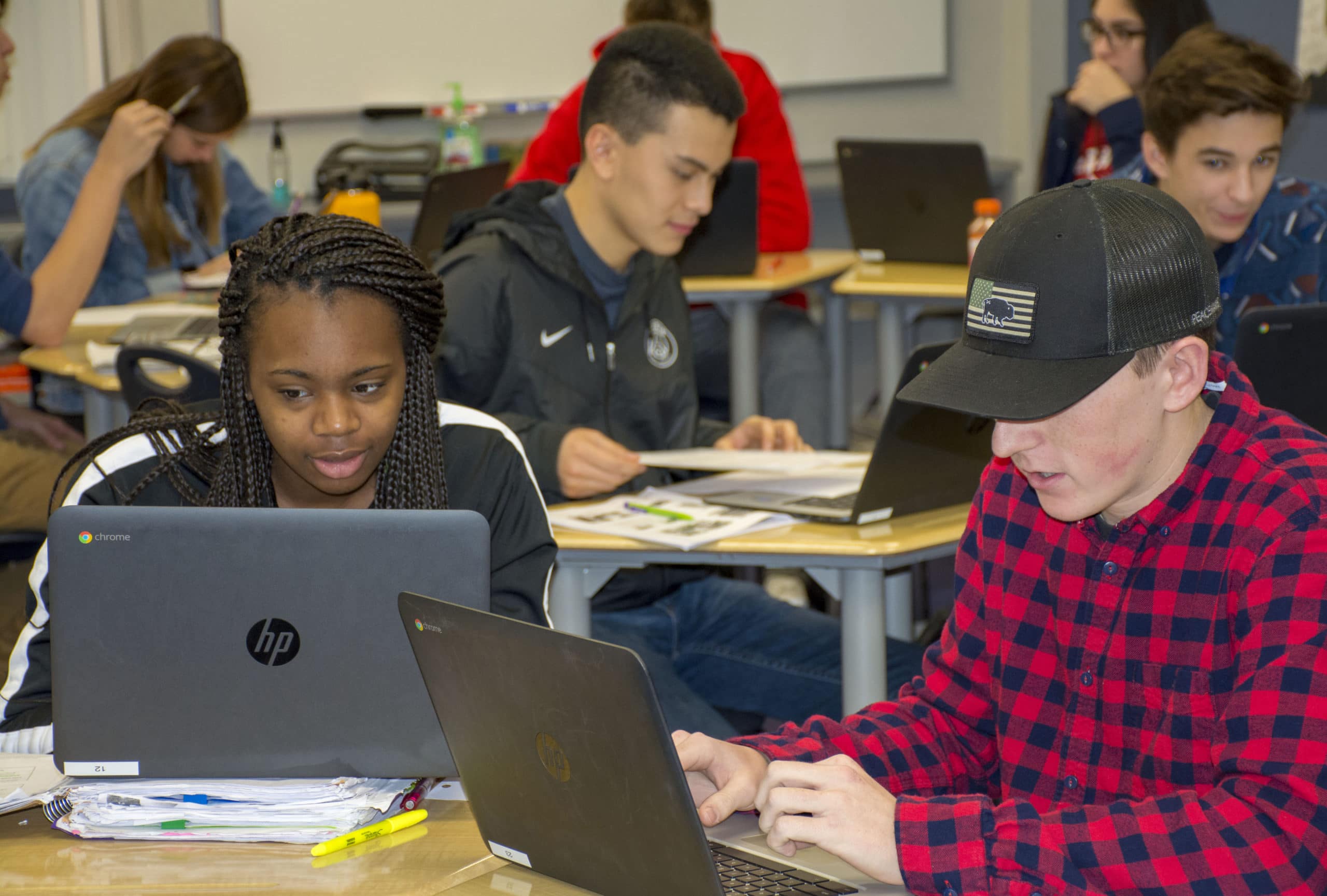 Their instincts about changing the law were right. Legislative members in both parties supported the bill, as did the state’s newly elected governor, NDDPI, North Dakota School Boards Association, North Dakota United, North Dakota Council of Educational Leaders and students and parents. For these supporters, the reasons were clear. “Teachers in North Dakota have always been innovative,” explained Nick Archuleta, president of North Dakota United. “But creating effective policy that allows for flexibility ensures that innovation is no longer just tolerated, it’s encouraged.”
Their instincts about changing the law were right. Legislative members in both parties supported the bill, as did the state’s newly elected governor, NDDPI, North Dakota School Boards Association, North Dakota United, North Dakota Council of Educational Leaders and students and parents. For these supporters, the reasons were clear. “Teachers in North Dakota have always been innovative,” explained Nick Archuleta, president of North Dakota United. “But creating effective policy that allows for flexibility ensures that innovation is no longer just tolerated, it’s encouraged.”
Teachers in North Dakota have always been innovative. But creating effective policy that allows for flexibility ensures that innovation is no longer just tolerated, it’s encouraged.”
KnowledgeWorks also worked alongside advocates for the bill to support their work. “KnowledgeWorks staff provided the support, experience and essentially the framework for North Dakota’s innovation bill,” said Baesler. KnowledgeWorks helped NDDPI develop a plan that allows for the state superintendent to provide increased flexibility to school or school district to advance personalized learning by improving the delivery of education, improving the administration of education, providing increased educational opportunities for students, or improving the academic success of students.
Although there was clear bipartisan legislative support for SB 2186, passing the bill through both chambers wasn’t an easy process. Many legislators needed to be educated on the power of personalized learning before they were convinced of the bill’s promises for success. Representative Cynthia Schreiber-Beck, a key sponsor and champion for the bill said, “We needed to educate in the House,” adding that she and other supporters talked to “everyone that I thought would listen once we refined the bill to a point that it would pass. It took effort on everyone’s part.”
In the end, the bill passed with overwhelming support. The momentum led to approval in the North Dakota Senate (43-1) and House (75-17), and was signed into law by the governor on April 11, 2017.
“It’s not just as simple as policy change.”
As with many policy changes, the “real” work comes next: in the implementation process.
NDDPI immediately began the process of developing administrative rules and an appropriate application for schools and districts interested in taking advantage of the newfound flexibility under SB 2186. They have similarly begun the process of partnering with groups like KnowledgeWorks to ensure teachers and administrators have the support they need to build the capacity of district leaders and educators and implement a strategic plan for personalized learning in their classrooms.
Legislators will also play a fundamental role in supporting implementation. Both Senator Oban and Representative Schreiber-Beck agree that for the success of this bill to be sustainable, they need to continually help their colleagues understand what personalized and innovative learning really means. “Local leadership is key, but buy-in is also an important next step. The legislature continues to change. We need to continue to market what’s going on [to our colleagues],” said Representative Schreiber-Beck.
“The best way we can continue to make change at a statewide level is hearing from local school districts that are actually doing this what works and what doesn’t,” said Senator Oban.
“The work in North Dakota is just beginning, but their passion to see all children succeed is palpable, and there’s no doubt that communities will continue to have faith in North Dakota public schools in the years to come,” said Matt Williams, COO and vice president of policy and advocacy for KnowledgeWorks.
More importantly, students are getting excited for the prospect of new ways to engage in the classroom. “Young people in North Dakota have a burning desire to succeed,” said Dawson Schefter, a local student who testified in favor of SB 2186 during the legislative session, “…it is evident that they are excited for the future of education in North Dakota and what it means for their futures.”
Interested in learning more about our work to transform state policy to personalize learning for students?
